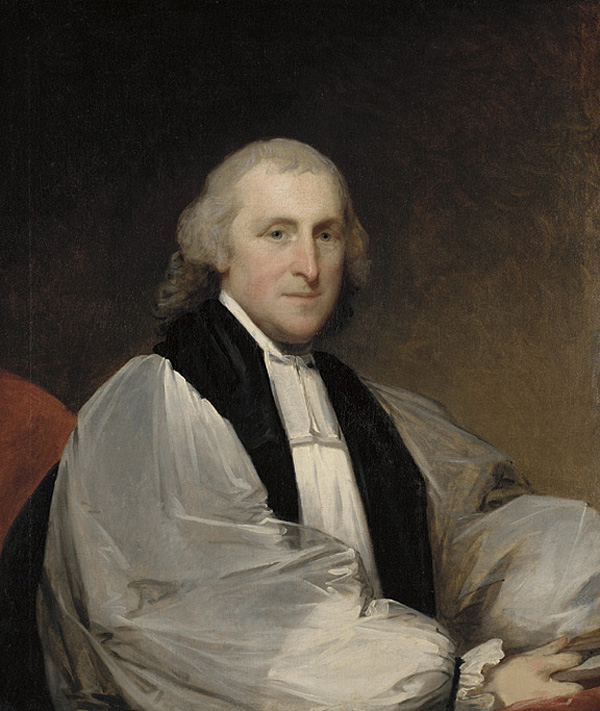Welcome to the Holy Women, Holy Men blog! We invite you to read about this commemoration, use the collect and lessons in prayer, whether individually or in corporate worship, then tell us what you think. For more information about this project, click here.
###
About this commemoration

Las Casas was born in Seville in 1484. He studied both theology and
law at the University of Salamanca.
As a reward for his participation in various expeditions, Las Casas left
for Hispaniola in 1502. He was given an encomienda, a royal land
grant populated with native peoples of the Indies. He soon began to
evangelize them; he was ordained priest in 1510 at Santo Domingo.
On December of 1511, the Dominican Antonio de Montesinos
preached a fiery sermon implicating the colonists in the genocide of
the native Indians. Las Casas gave up his rights to the encomienda
and in his own preaching urged other Spanish colonists should do
likewise. Continuing his demand for change, he returned to Spain in
1515 to plead for justice from the Spanish government. The powerful
archbishop of Toledo, who named him “Protector of the Indies,” took
up his cause.
His passionate defense of the Indians before the Spanish Parliament
persuaded the emperor, Charles V, to accept Las Casas’s project of
founding “towns of free Indians”: communities of both Spaniards
and Indians who would jointly create a new civilization in America.
The location selected for the new colony was in the northern part of
present-day Venezuela. Although the initial attempts were a bitter
failure, Las Casas’s work seemed to be crowned with success when
Charles V signed the so-called New Laws (1542), that required the
Spanish colonists to set free the Indians after the span of a single
generation. Las Casas renounced his bishopric of Chiapas, Mexico,
returned to Spain in 1547, and became a prolific writer. His A
Brief Account of the Destruction of the Indies (1552), exposes the
oppression inflicted upon the peoples of the Indies. Although filled
with inaccuracies, it is his most famous work.
Las Casas lived his convictions with such zeal that he often seemed
intolerant of others, but is remembered as a tireless advocate for
justice for those oppressed by colonialism. Las Casas died in Madrid
on July 18, 1566.
Collects
I Eternal God, we offer thanks for the witness of Bartolomé
de las Casas, whose deep love for thy people caused him to
refuse absolution to those who would not free their Indian
slaves. Help us, inspired by his example, to work and
pray for the freeing of all enslaved people of our world,
for the sake of Jesus Christ our Redeemer; who liveth and
reigneth with thee and the Holy Spirit, one God, for ever
and ever. Amen.
II Eternal God, we give you thanks for the witness of
Bartolomé de las Casas, whose deep love for your people
caused him to refuse absolution to those who would not
free their Indian slaves. Help us, inspired by his example,
to work and pray for the freeing of all enslaved people of
our world, for the sake of Jesus Christ our Redeemer; who
lives and reigns with you and the Holy Spirit, one God, for
ever and ever. Amen.
Lessons
Isaiah 59:14–20
Philemon 8–16
Matthew 10:26–31
Psalm 52
Preface of Baptism
Text from Holy, Women, Holy Men: Celebrating the Saints © 2010 by The Church Pension Fund. Used by permission.
###
Links related to Bartolomé de las Casas
Website dedicated to information about las Casas
###
We invite your reflections about this commemoration and its suitability for the official calendar and worship of The Episcopal Church. How did this person’s life witness to the Gospel? How does this person inspire us in Christian life today?
If you’d like to participate in the official online trial use survey, click here. For more information about the survey, click here.
To post a comment, your first and last name and email address are required. Your name will be published; your email address will not. The first time you post, a moderator will need to approve your submission; after that, your comments will appear instantly.









